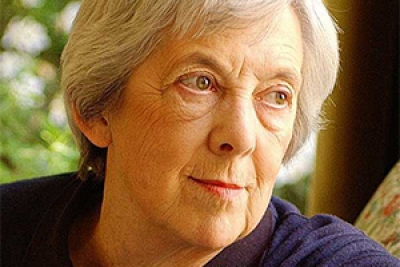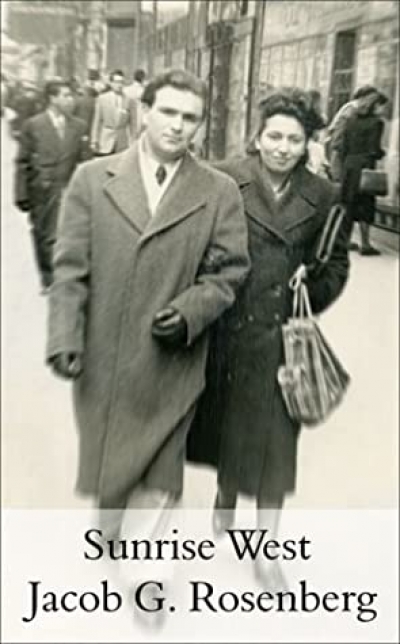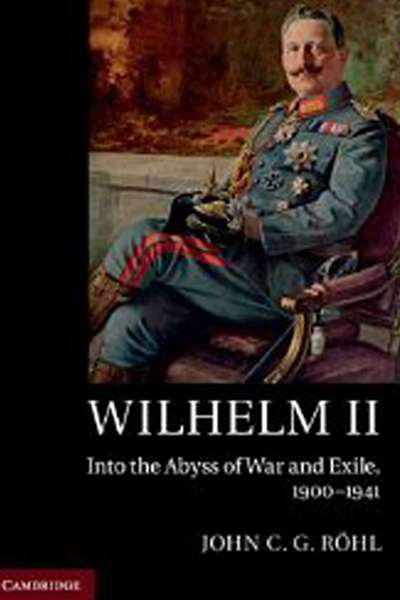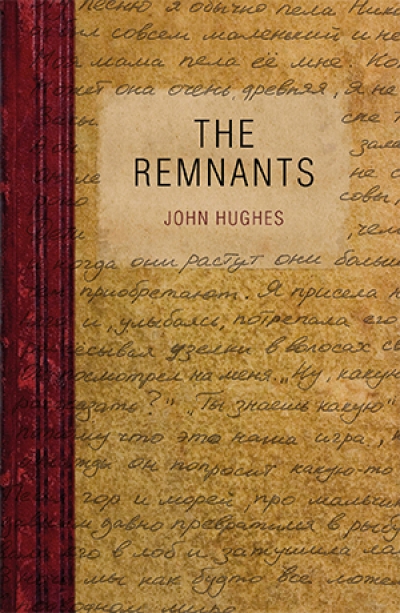Accessibility Tools
- Content scaling 100%
- Font size 100%
- Line height 100%
- Letter spacing 100%
Current Issue
Short story
'Break Character', a new story by Chloe Wilson
The Hair
Tom wasn’t supposed to bring the wig home; it was peeled from his scalp like a banana skin every night. Then it was arranged on a faceless polystyrene head that sat in front of his dressing room mirror.
Commentary
Dem-o-krat-yah now!
The recent pause announced by Prime Minister Benjamin Netanyahu in pushing a controversial legislative package through the Knesset marks a temporary respite from a concerted plan to challenge and overturn the system of government that has been in place since the state of Israel was created in 1948.
The ABR Podcast
PODCAST
The ABR Podcast
The ABR Podcast is released every Thursday and features reviews, poetry, fiction, interviews, and commentary. Subscribe via iTunes, Google, or Spotify, or your favourite podcast app.
Interview
Open Page with Patrick Allington
Interview
Critic of the Month with Brenda Niall
Interview
Open Page with Sonya Hartnett
From the Archive
Sunrise West by Jacob G. Rosenberg
Gunther Grass, in his suave and controversial memoirs, Peeling the Onion (Harvill Secker, 2007, trans. Michael Henry Heim), rehearses many of the modern autobiographer’s qualms about the biddability of memory. Grass, with his long history of attacking other Germans’ wartime activities while concealing his own service in the Tenth SS Armoured Division, has every incentive to question the memoirist’s primary tool. ‘When pestered with questions,’ Grass writes, ‘memory is like an onion that wishes to be peeled so we can read what is laid bare letter by letter. It is seldom unambiguous and often in mirror-writing or otherwise disguised.’ Changing metaphors, Grass contends with memory’s caprices and slippages: ‘Memory likes to play hide-and-seek, to crawl away. It tends to hold forth, to dress up, often needlessly. Memory contradicts itself; pedant that it is, it will have its way.’
From the Archive
Wilhelm II: Into the abyss of war and exile, 1900–1941 by John C.G. Rohl
Wilhelm II, German Kaiser and King of Prussia, may be a shadowy figure for Australian readers, better known as the butt of funny-scary caricatures in British World War I propaganda or of black humour in popular soldiers’ songs, than as a political player in his own right. He remains enigmatic even for scholars. Some hand him the burden of responsibility for World War I, despite the immediate trigger being the military standoff between two other states altogether, Austro-Hungary and Serbia. Others see him as an incompetent figurehead who merely rubberstamped the territorial ambitions of the German military.
From the Archive
The Remnants by John Hughes
The esteemed critic and lecturer Don Anderson once told me that Proust’s Remembrance of Things Past was a book you shouldn’t read until you were over forty. Still in my twenties at the time, hungry for erudition, I was annoyed and set out to read the book, only to put it down even more irritated some time later, thinking, If that boy calls out to his mother one more time, I’ll scream. Reading John Hughes’s début novel, The Remnants, I was reminded of Dr Anderson’s sage remark. There are books that can only be fully appreciated once the first real terror of one’s own mortality has been felt. This is one, and there is much to be savoured in this sharp-minded regeneration of literary tradition and its enquiries into memory, dying, translation, and translocation that I suspect would have sailed straight over my younger head.





























